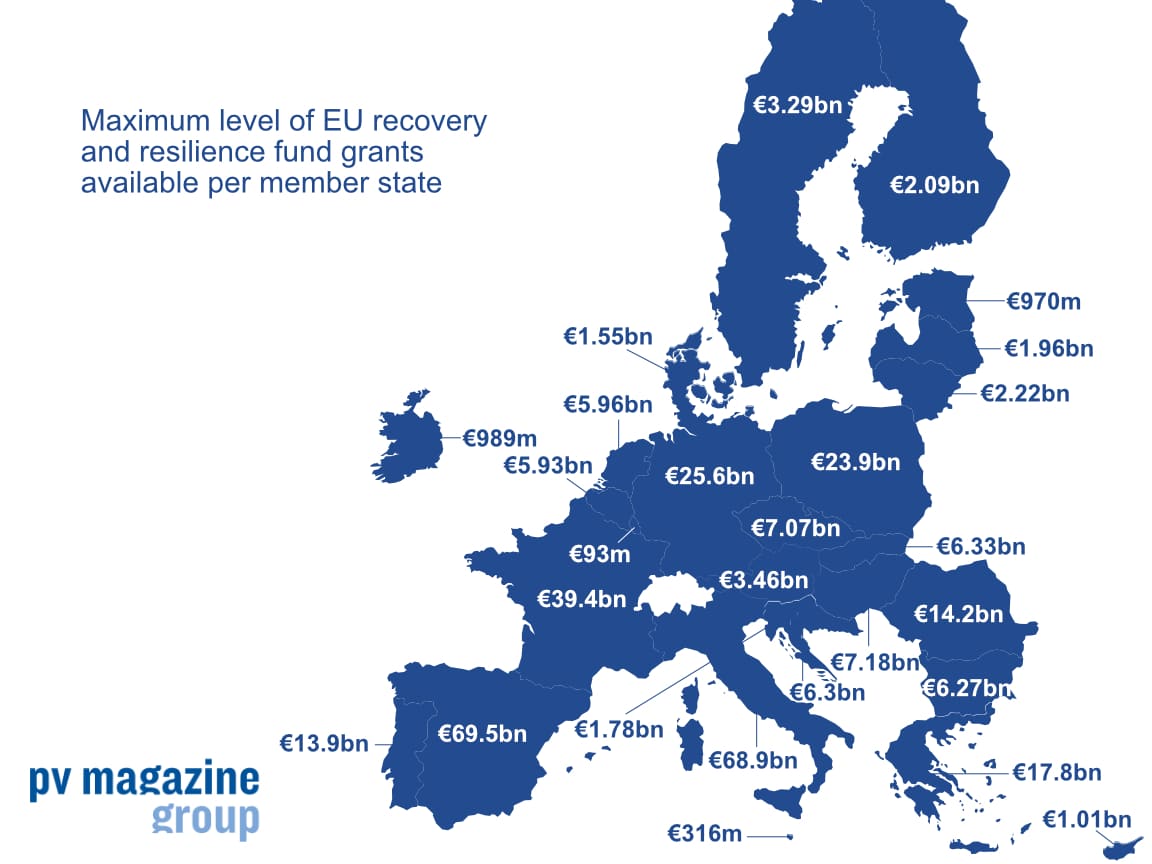The European Union has approved a plan by the Greek government to spend around €341 million ($339 million) to commission 900 MW of grid-scale energy storage capacity.
The European Commission waved through the plan this week under its state aid rules, with an unspecified proportion of the budget for the program to come out of the Covid-recovery funds secured from the EU by the member state.
pv magazine understands energy storage developers will have to offer a minimum discharge duration of two hours to be eligible for the program, with the total volume of storage capacity to be commissioned dependent on the results of a bidding process.
Under the program, energy storage project developers will bid competitively to secure the lowest annual support grants they will receive annually over the first decade their facilities operate. Successful bidders will also receive an investment grant during construction of their projects, with the Greek government committing to issue project awards next year and developers pledging to have them operational before 2026.
“Increasing available electricity storage capacity in the system is key to [making] grids more flexible and better prepared for a future in which renewables form the backbone of the decarbonized electricity mix,” said commission vice president responsible for competition, Margrethe Vestager. “The Greek aid measure we have approved today, which will be partly funded by the [Covid] Recovery and Resilience Facility, will contribute to the development of competitive markets for electricity system services while helping Greece meet its emission reduction targets.”
This copy was amended on 06/09/22 to add information about the minimum discharge duration of the projects selected.
This content is protected by copyright and may not be reused. If you want to cooperate with us and would like to reuse some of our content, please contact: editors@pv-magazine.com.




By submitting this form you agree to pv magazine using your data for the purposes of publishing your comment.
Your personal data will only be disclosed or otherwise transmitted to third parties for the purposes of spam filtering or if this is necessary for technical maintenance of the website. Any other transfer to third parties will not take place unless this is justified on the basis of applicable data protection regulations or if pv magazine is legally obliged to do so.
You may revoke this consent at any time with effect for the future, in which case your personal data will be deleted immediately. Otherwise, your data will be deleted if pv magazine has processed your request or the purpose of data storage is fulfilled.
Further information on data privacy can be found in our Data Protection Policy.